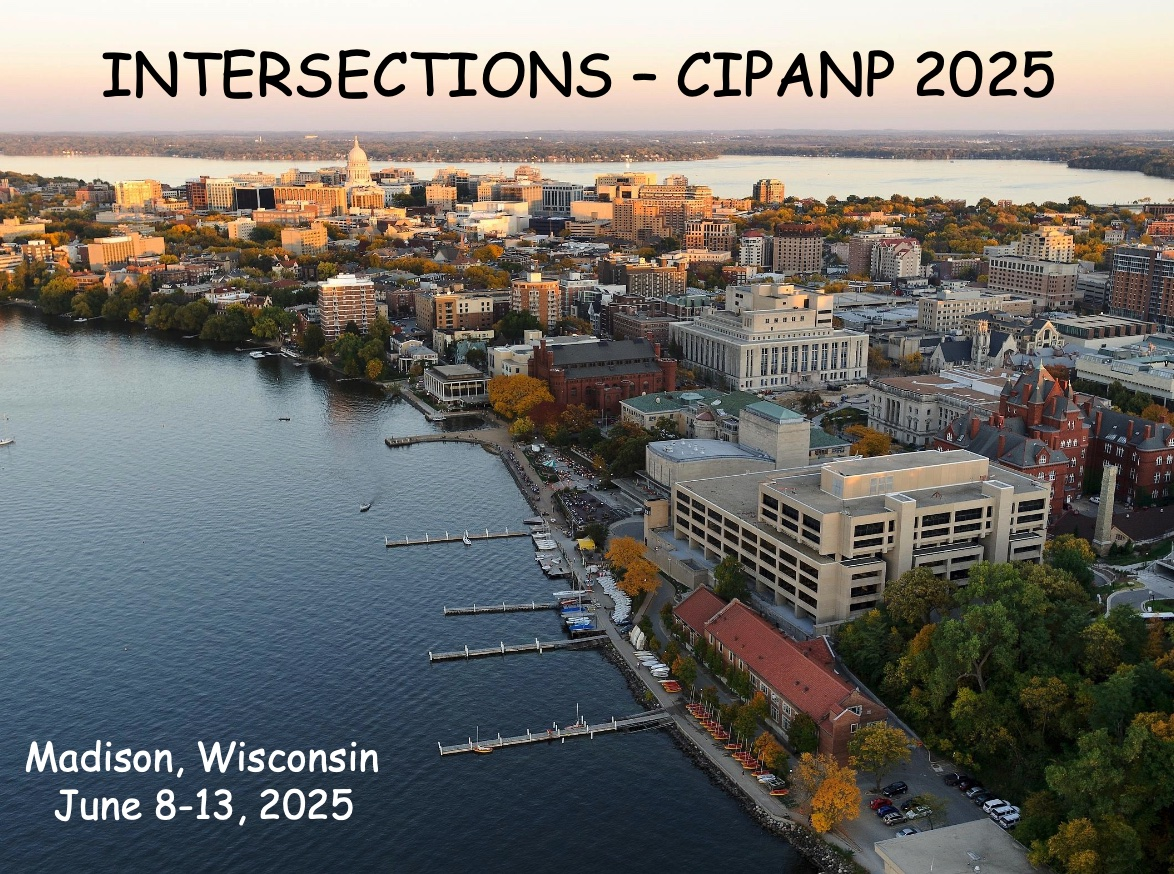Speaker
Description
As experiments searching for neutrinoless double beta decay are in the planning phase of a next generation with hopes to completely probe the inverted mass hierarchy, the need for reliable nuclear matrix elements, which govern the rate of this decay, is stronger than ever. Since a large discrepancy is found when computing this quantity with different nuclear models, a large unknown still exists on the sensitivity of these experiments to the effective neutrino mass. In this talk I will present how, using ab initio methods relying on systematic expansions, a rigorous statistical uncertainty can be achieved. I will further discuss the new machine learning emulator that I have developed to allow for uncertainty quantification and discuss the future applications of this emulator to other nuclear physics problems.

